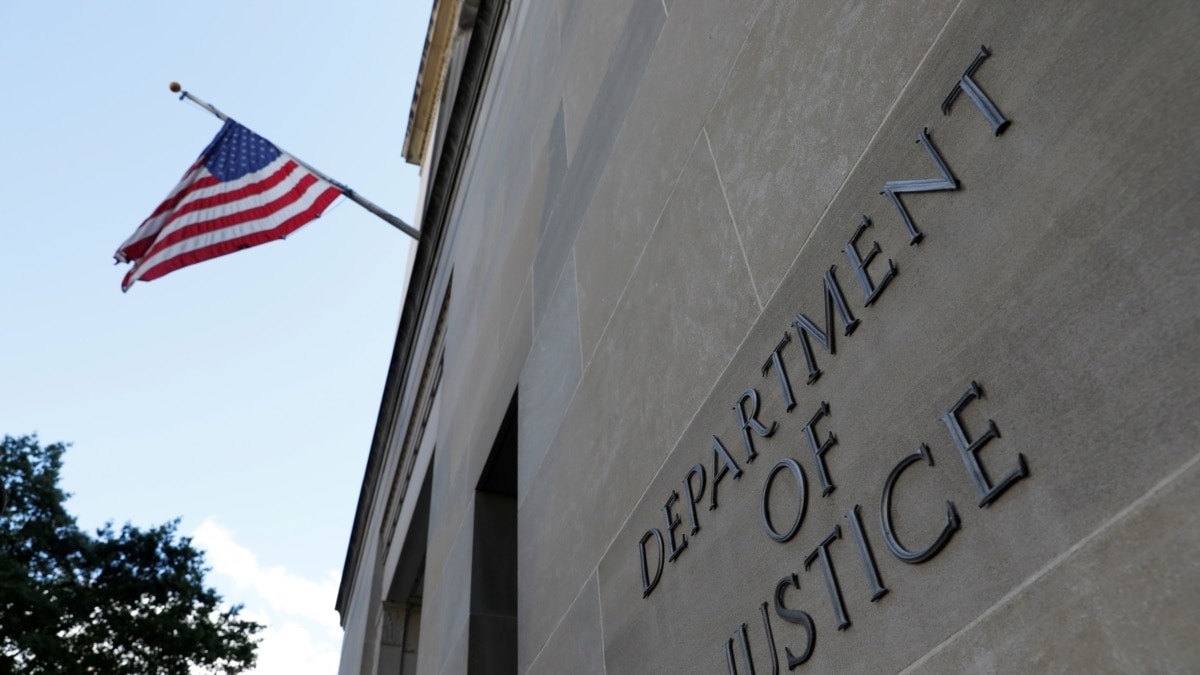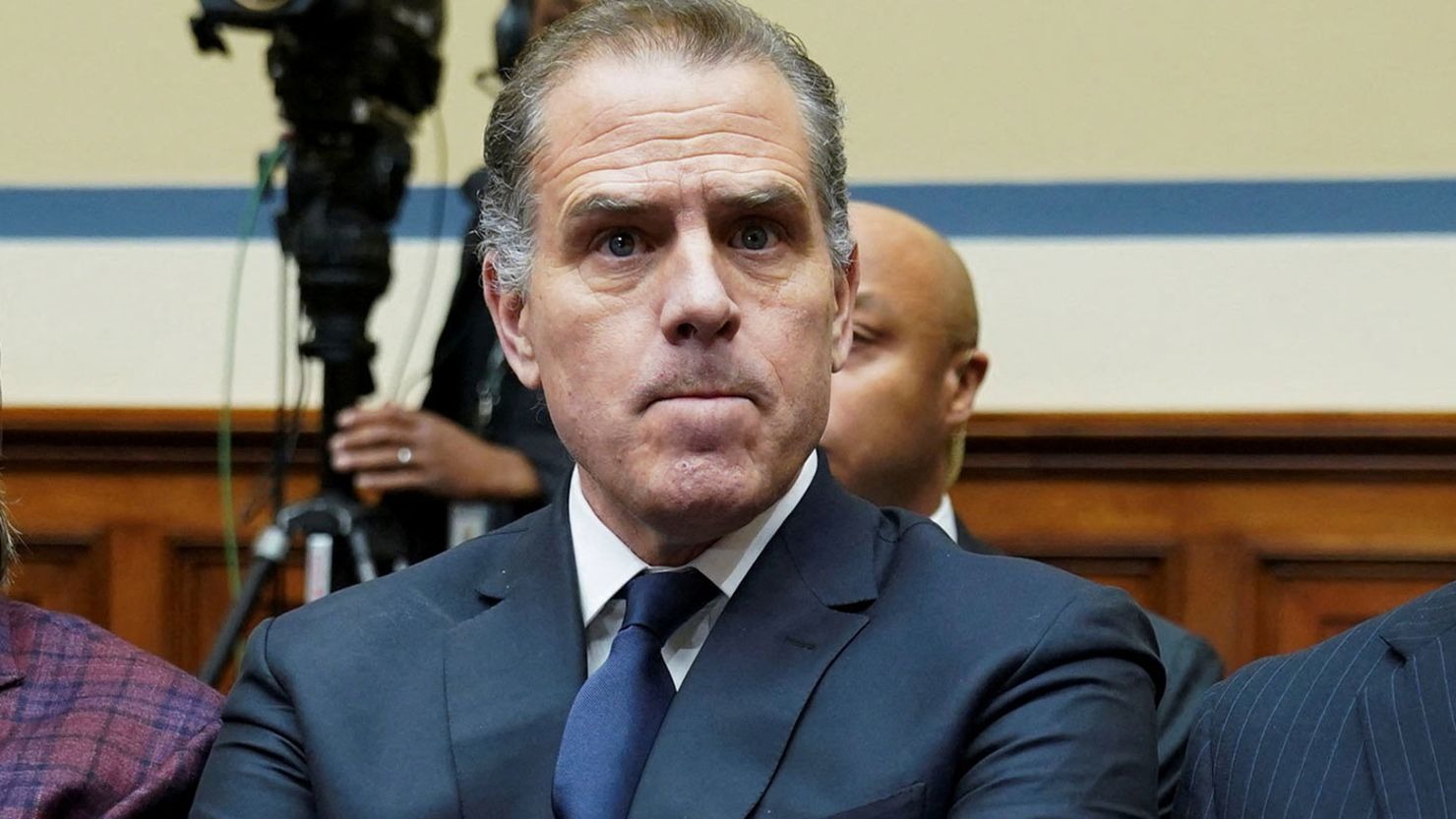On a striking Friday, Judge Ana Reyes, appointed by President Biden, voiced strong criticism against the Justice Department’s (DOJ) actions. She highlighted a stark contradiction in how the DOJ handles two similar cases differently.
Her critique focused on the DOJ’s allowing its lawyers involved in investigating the Biden family to ignore subpoenas. This stance starkly contrasts with the incarceration of Peter Navarro, a former advisor to President Trump, for a similar act of defiance against congressional subpoenas.
Reyes pointed out the inconsistency during a status conference regarding the House Judiciary Committee’s lawsuit to compel testimony from DOJ lawyers Mark Daly and Jack Morgan. These attorneys were called to testify in an impeachment inquiry and investigation into the Biden family’s affairs.
She referenced Navarro’s case, where he was sentenced to four months in prison for contempt of Congress after failing to comply with a subpoena related to the January 6 Capitol attack. Navarro had argued that executive privilege prevented his compliance, a claim that did not hold up in court.

Justice Department (Credits: VOA News)
Reyes sharply criticized the DOJ’s dual standards, noting the peculiar situation where the department prosecutes individuals for not adhering to subpoenas while instructing its employees to disregard them.
This, she remarked, presented a stark hypocrisy that would astonish defense lawyers nationwide, suggesting that ignoring subpoenas could become a norm if deemed inconvenient or unconstitutional by the involved parties.
The two DOJ attorneys, Daly and Morgan, were specifically subpoenaed for their insight into the decision-making processes concerning charges against Hunter Biden for alleged tax crimes related to his tenure at Burisma, a Ukrainian company.
Despite initial agreement on pressing charges, the investigation team reversed this decision, allowing the statute of limitations to expire without charges being filed. The Judiciary Committee views this timeline and decision reversal as key to their investigation, raising questions about potential favoritism in Hunter Biden’s case.

Hunter Biden (Credits: CNN)
James Gilligan, representing the DOJ, attempted to differentiate between the Navarro and Bannon cases and the current situation, citing the current employment status of Daly and Morgan as a distinguishing factor.
However, Reyes was unimpressed by this argument. Further, he criticized a Trump-era legal opinion that suggested executive branch employees could ignore such subpoenas if DOJ lawyers weren’t allowed to accompany them during testimonies.
The judge’s frustration was palpable, especially when Gilligan hesitated to commit to allowing Daly and Morgan to testify if the committee conceded on the presence of government counsel during their depositions.
This moment underscored the deep-rooted challenges and contradictions within the DOJ’s stance as Reyes navigated the complications of law, governance, and accountability.























